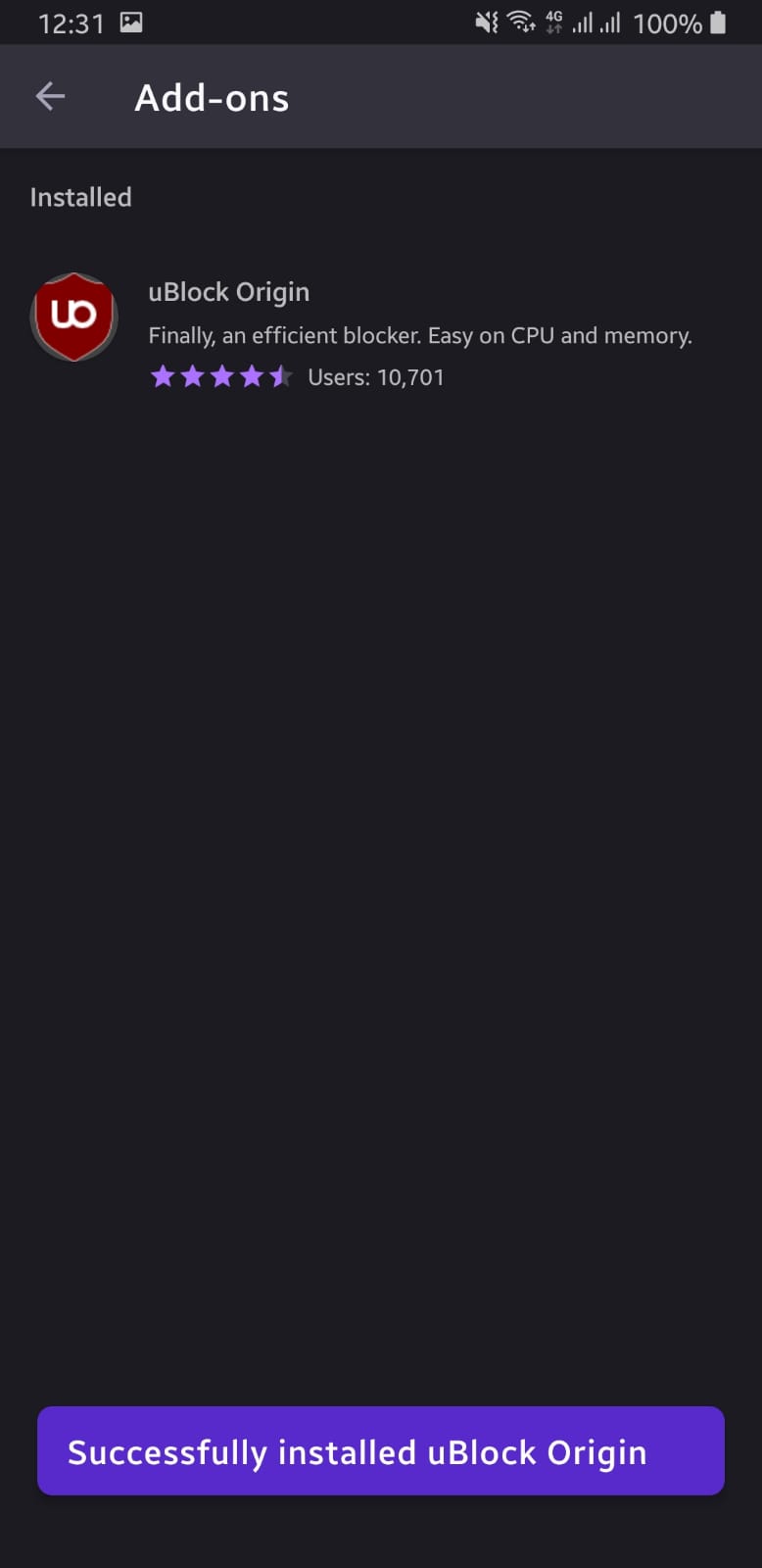

The extension may display a prompt to accept a new permission - Access IP address and hostname information - during the update process as it is required for the new functionality.Īdditional information about the new feature is available on the project's official GitHub page. Google Chrome and other Chromium-based browsers don't support this and uBlock Origin cannot look up the requests therefore in those browsers.įirefox users who have uBlock Origin installed should receive the new version of the extension automatically if automatic extension updates is enabled in the browser. Mozilla's Firefox web browser is the only browser with the required DNS API functionality to make these look-ups. The resources may be handled just like any other connection using the extension you may allow some in case they are needed or keep blocking them.

Sites may use CNAME redirects for content delivery purposes. The uncloaked sites are displayed in a smaller font size underneath the canonical names these may be used to determine whether a resource should be blocked or allowed. The resources are highlighted in blue in the uBlock Origin interface when all connections of the active site are displayed. The latest uBlock Origin version for Firefox looks up non-blocked resources to uncover first-party tracking and block these attempts. The problem with the manual approach is that it is very easy for sites to change the redirects or even use automated means to switch subdomains. Content blockers have a hard time identifying these redirects, and most use a manual list of known domains. Some sites may use a relatively new tracking technique that uses canonical names (CNAMEs) to bypass content filters and ad-blockers.īasically, what the sites do is disguise an ad-tracking or serving domain by using a first-party domain, e.g.

The latest version of uBlock Origin for Firefox, version 1.25 or higher, will "CNAME-unlock network requests".


 0 kommentar(er)
0 kommentar(er)
